Is your dog pooping way more than usual? Your furry friend’s bowel movements can give you some insight into their overall health. So, if their defecation frequency has suddenly increased, it can be cause for concern for some pet parents.
But before you get carried away, let’s go over some causes of excessive pooping in dogs.
Key Takeaways
- Most healthy dogs will relieve themselves one to three times a day. Young puppies will defecate three to five times a day.
- Frequent defecation is often caused by overeating, changes in diet, stress, or bacterial infections.
- To prevent excessive pooping, always properly portion your dog’s meals, slowly introduce any dietary changes, help manage their stress, and take them to the vet for more serious issues.
Keep reading to learn more!
See Related: Why Do Dogs Eat Cat Poop? Canine Behavior Explained
How Often Should a Dog Poop?
If you’re a new pet parent, you might not be well-versed in dog defecation. No matter how gross it might be, it’s important to pay attention to your four-legged friend’s pooping frequency and quantity.
But how often should a dog poop normally?
Most adult dogs will relieve themselves one to three times a day. Young puppies poop a lot and can often poop more than three times a day and as many as five times a day. However, it’s also important to consider both the frequency and the quantity of your furry friend’s poops.
For example, let’s say you’ve noticed your canine companion pooping more than usual. Before rushing them to the emergency veterinarian, take a closer look at their stool. It might be gross, but doggy doo is a great way to learn more about your four-legged friend’s overall health.
If the stool appears healthy (it’s somewhat firm, chocolate-colored, and medium-sized), then you can relax. Discolored, bloody, or watery stool can signify an underlying health condition.
Bonus: How Often Should A Dog Poop?
How Long After Eating Does a Dog Poop?
Your dog’s diet and doo-doo go hand in hand. Most of the time, your dog’s bowel movements are largely determined by what and when they eat. Your furry friend will likely need to relieve themselves at key times, like after waking up or after eating. Keep this information in mind when planning their daily routine.
Most dogs poop 30 minutes after eating and right after waking up. It’s a good idea to schedule your daily walks at this time. That way, your four-legged friend will have a chance to defecate on a fluffy lawn instead of your beautiful carpet. (Just don’t forget to book a pet waste management company to come clean the mess for you!)
Most dogs take 8 to 12 hours to digest a meal. This depends on age, as young puppies can digest food faster than older dogs.
Why Is My Dog Pooping So Much?
Some dogs poop several times a day, which can be considered perfectly normal. The occasional extra poop isn’t enough of an abnormality to warrant concern.
However, if your dog’s pooping habits suddenly change, it can be a sign of underlying health issues. If you’re worried about your canine companion, a visit to the vet won’t hurt.
Here are a few factors that can lead to excessive pooping.
#1. Overeating
What goes in must come out! Overeating is a common cause of frequent pooping. It’s also hard on the digestive tract.
Even if you properly portion your dog’s meals, if you leave them unmonitored, they can eat things when you’re not looking. Your curious canine doesn’t understand the difference between a bowl of nutritious dry kibble and spoiled table scraps.
If your dog hangs out in the yard unsupervised, they will likely satiate their appetite with grass, dirt, or twigs. They might even eat animal waste! The best way to combat this problem is by hiring a poop scooping company to come through and clean your yard once or twice a week.
Additionally, eating non-food items can pose a choking hazard or lead to intestinal blockages. As a pet parent, it’s up to you to keep a close watch on your furry friend.
#2. Changes to Diet
In general, it can take 5 to 10 days to transition a dog to new dog food. A drastic change in your dog’s diet can cause an upset stomach and more frequent pooping. It’s best to gradually introduce new food to your dog’s diet over a couple of weeks. This will allow their digestive tract to slowly grow accustomed to the new formula.
#3. Stress
Your four-legged friend is likely no stranger to stress and anxiety. Anything from loud noises to a new family member can cause mental distress for your dog. Stress can often lead to excessive pooping, constipation, or diarrhea.
Bonus: Home Remedies for Dog Diarrhea To Help Your Furry Friend Feel Better
#4. Parasites or Bacterial Infections
A bacterial infection such as E. coli or Salmonella can disrupt your dog’s poop schedule. This can usually result in excessive pooping, watery stools, and general discomfort. If you feed your dog a raw diet, they are more likely to contract a bacterial infection.
Intestinal parasites such as roundworms, hookworms, or tapeworms can also lead to frequent defecation. In this case, you may need to bring a stool sample to your veterinarian for testing so that they can determine the exact cause.
How Do I Get My Dog to Poop Less?
If your dog’s frequent defecation has become a bit too much to bear, it might be time to figure out how to restore their normal bowel movements. Here are some ways to reduce stomach upset and manage pooping frequency.
- For overeating: Always properly portion your dog’s meals based on their breed, size, age, and activity level. A feeding chart will help you determine appropriate meal sizes. Additionally, always keep an eye on your furry friend as it wanders. Don’t let them have access to garbage, table scraps, or any other non-food items they could potentially ingest. When they are outside, ensure they don’t eat grass, twigs, dirt, or animal waste.
- For changes to diet: If you need to swap your dog’s diet, always do so gradually. Make small changes over time so that their stomach can get adjusted. This will prevent digestive upset and frequent defecating.
- For stress: Find ways to manage your pet’s stress. Frequent exercise and walks outdoors are a must. You can also experiment with calming music, gentle massage, and physical contact. A quiet, dark room where they can unwind and relax will also help them.
- For parasites or bacterial infections: Take your canine companion to the vet if you suspect they might have parasites or a bacterial infection. They will likely be prescribed medicine. We aren’t experts in pet medicine – talk to your vet for more medical advice. However, what we are good at is pet waste management!
Final Thoughts
If your dog has been pooping way more than usual, don’t get too alarmed. More than likely, it’s a subtle change in your dog’s diet that’s the cause. Be sure to keep an eye on their bowel movements, and take them to the vet if you feel something is wrong.
Keep Reading: National Dog Day: When Is It and How to Celebrate
—
Scoop Masters offers professional dog waste removal services in California, Texas, Florida, and Tennessee. Since 1988, we’ve saved dog owners across the country from the overly unpleasant task of picking up after their pets. Each poopy project we complete gives them the freedom, convenience, and sanitation they deserve! Contact us for a free quote, or simply stock up on enough dog poop bags to keep your pet’s number twos at bay. To stay in the loop, follow up on Facebook and Twitter/X. If your dog can poop it, we can scoop it!

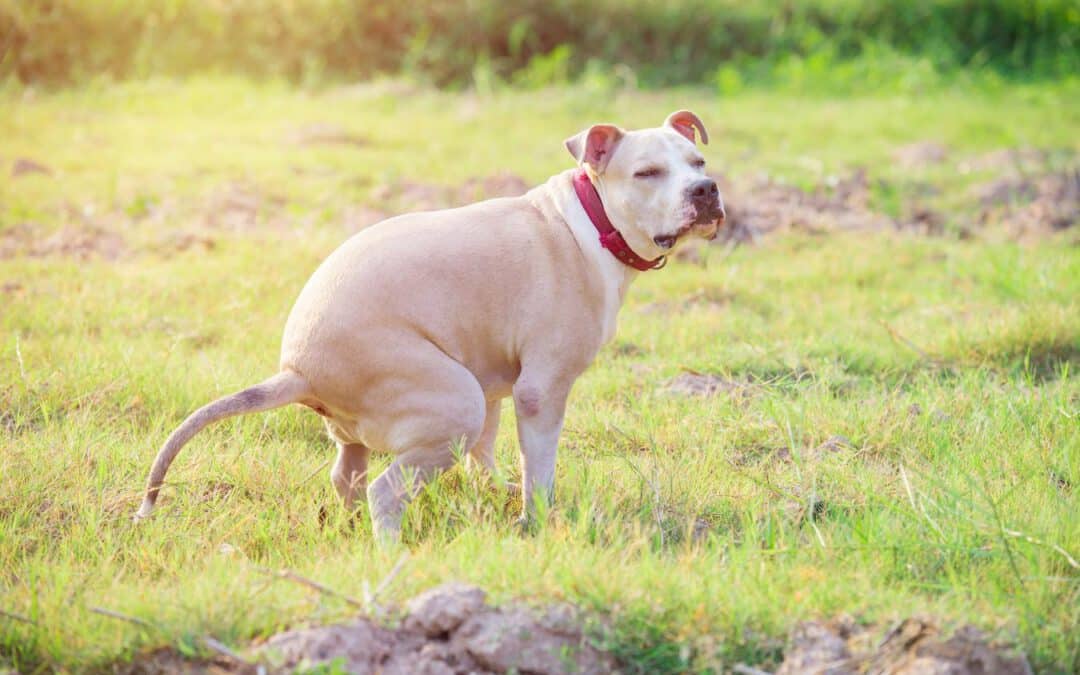
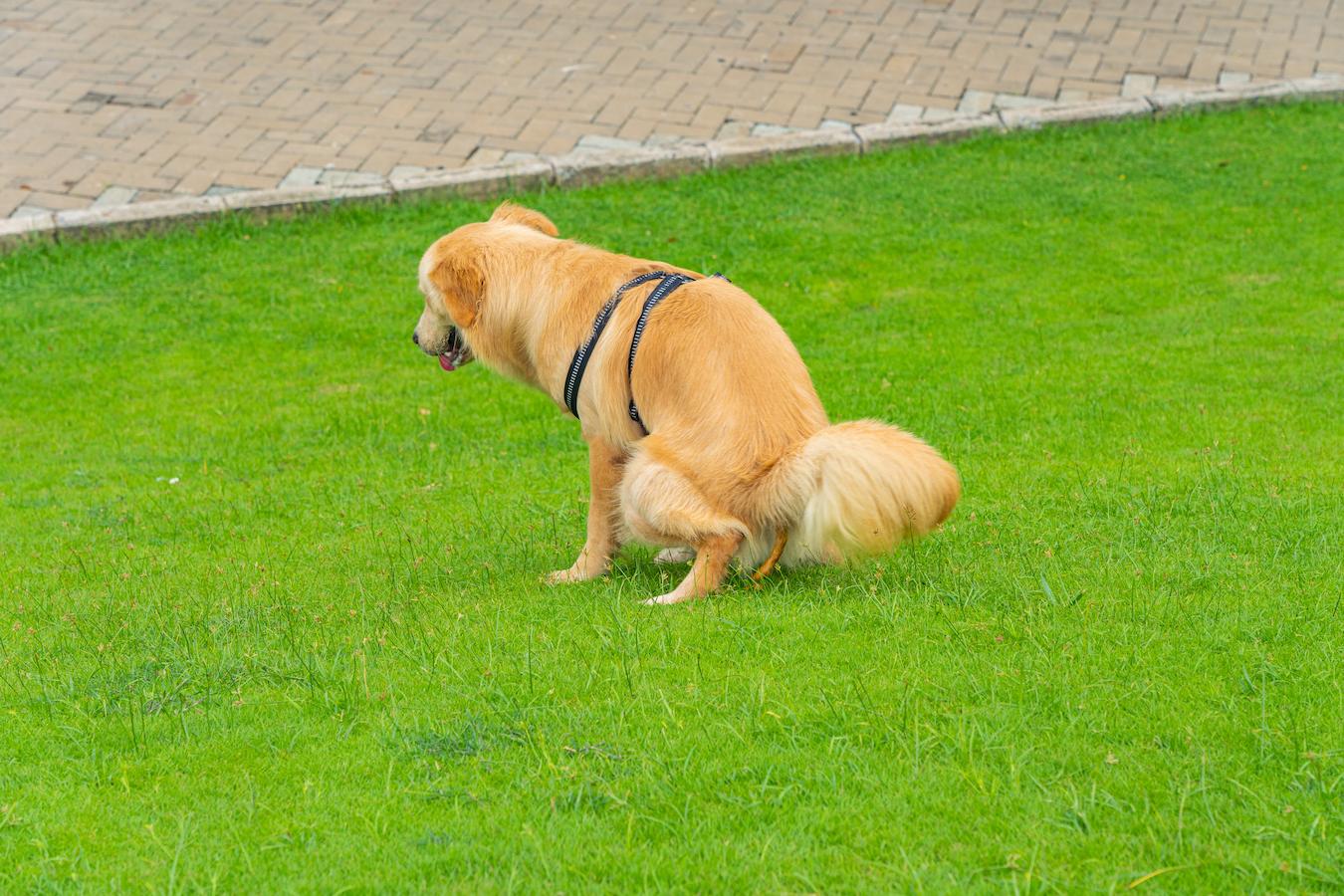
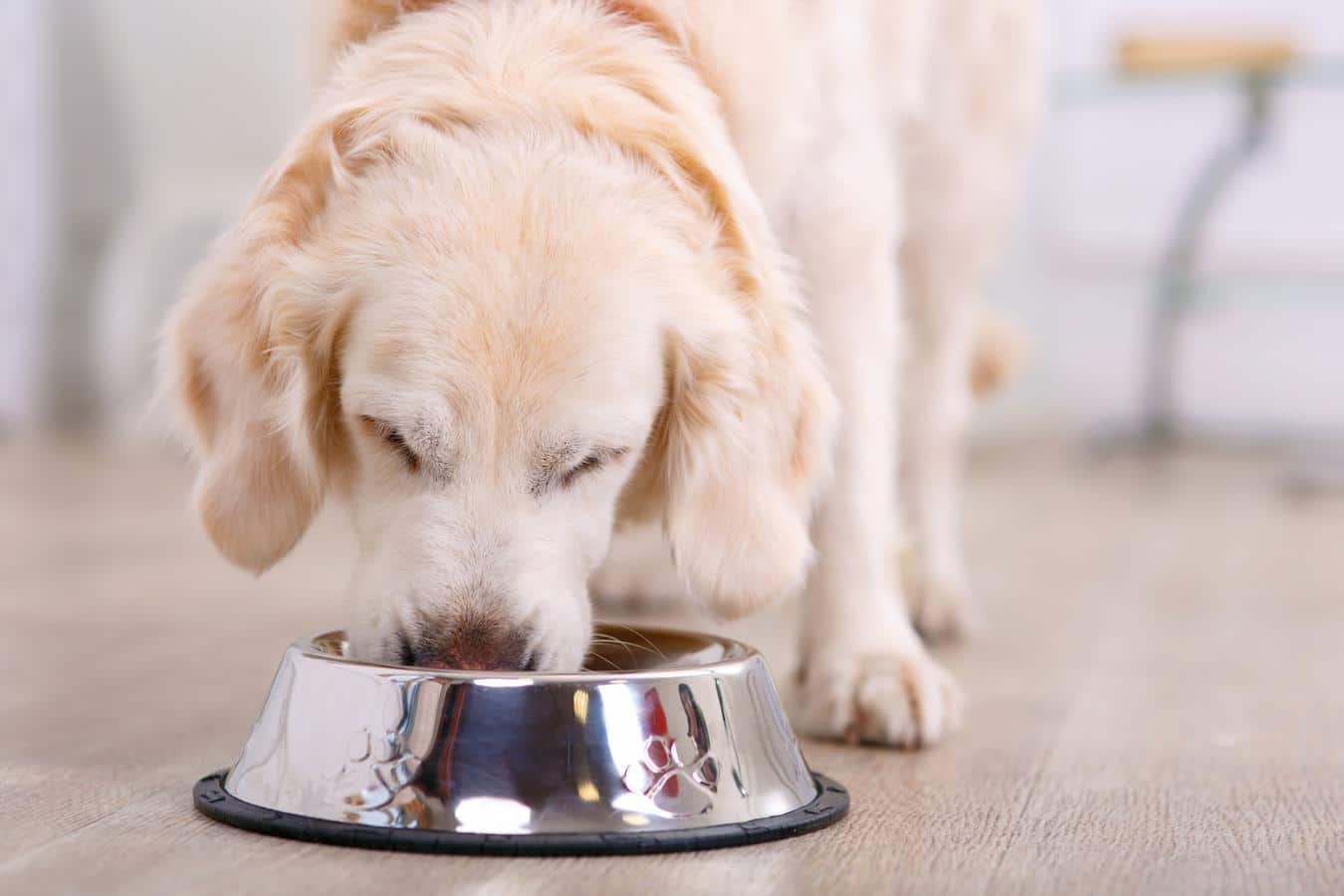
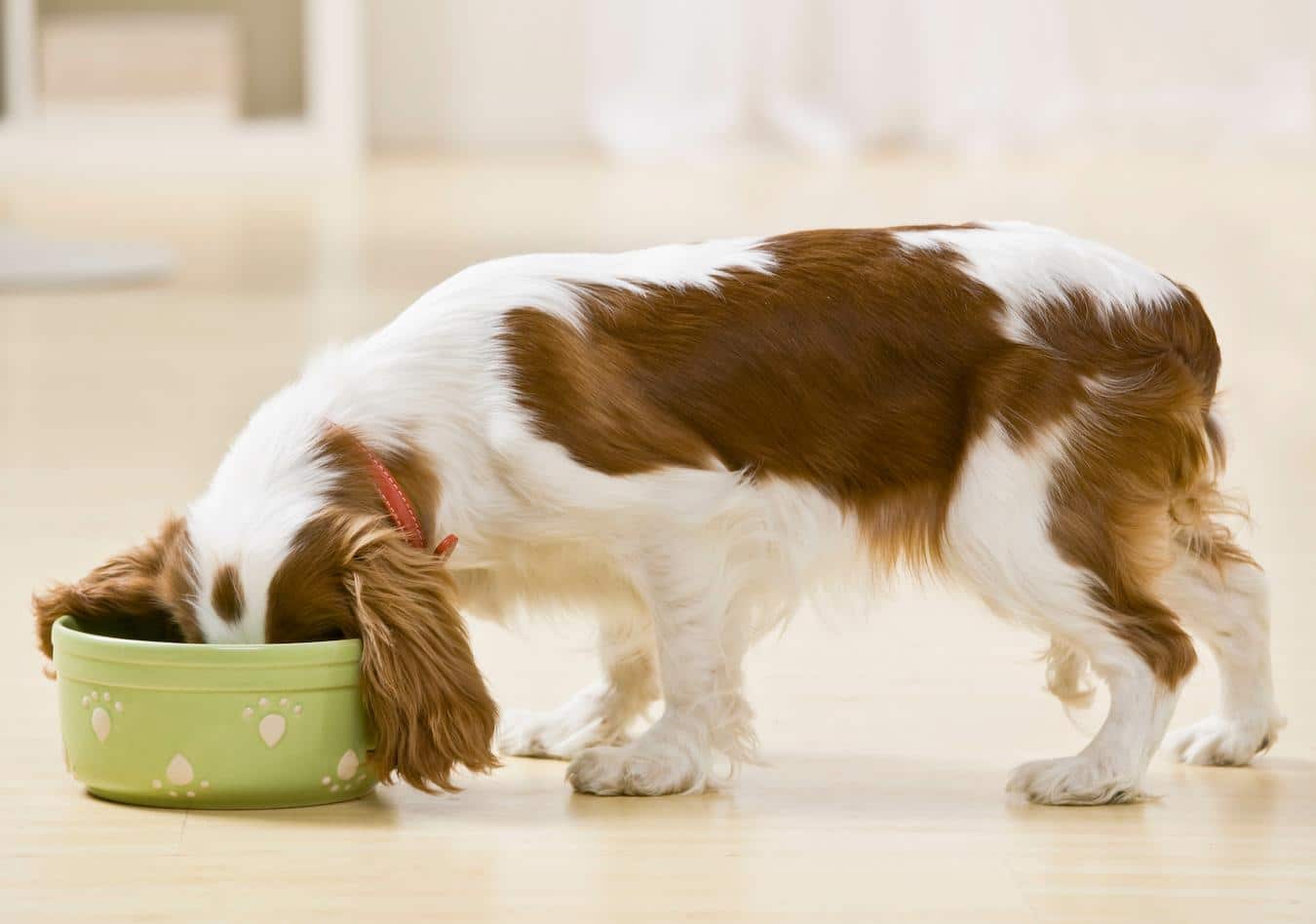
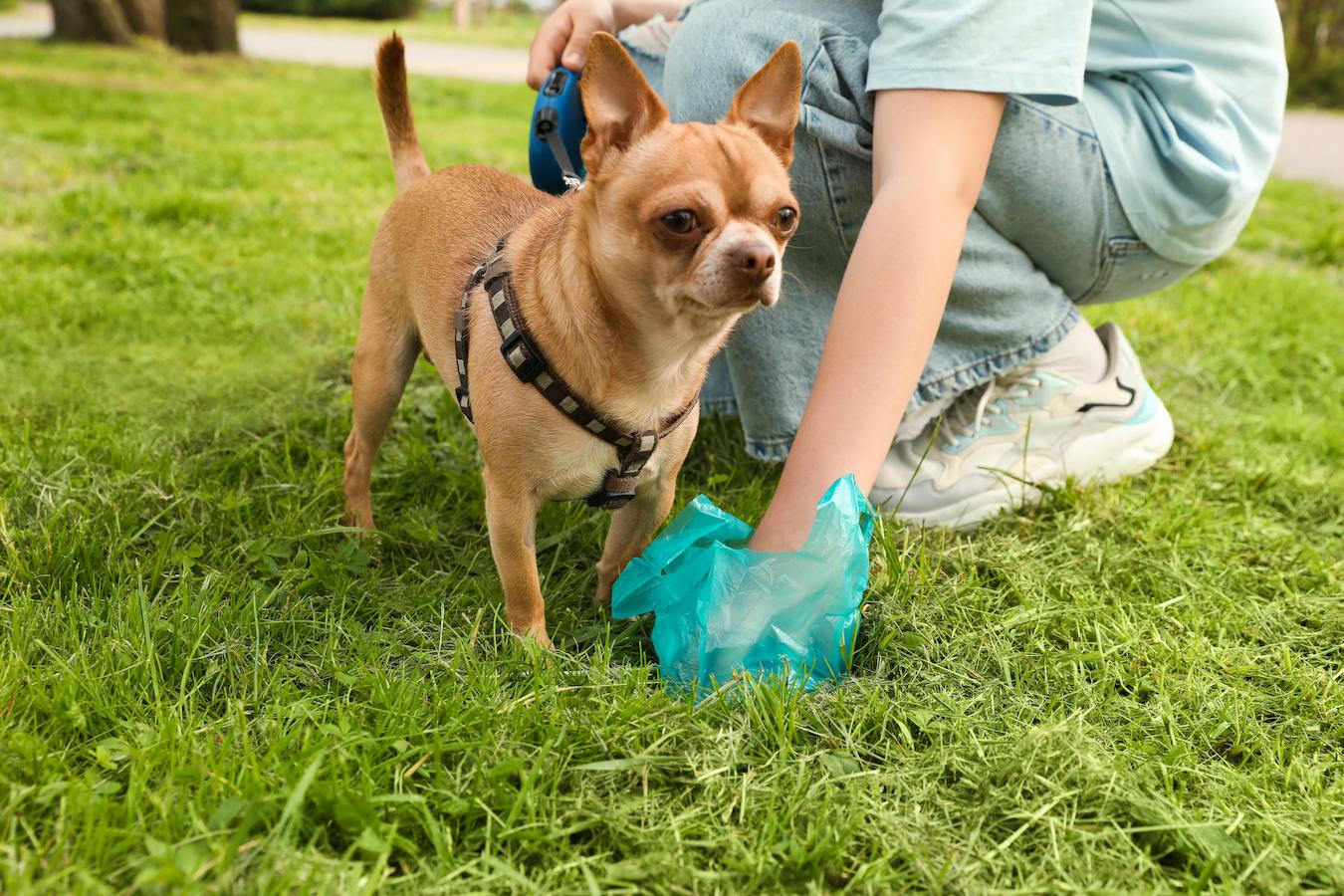
Trackbacks/Pingbacks